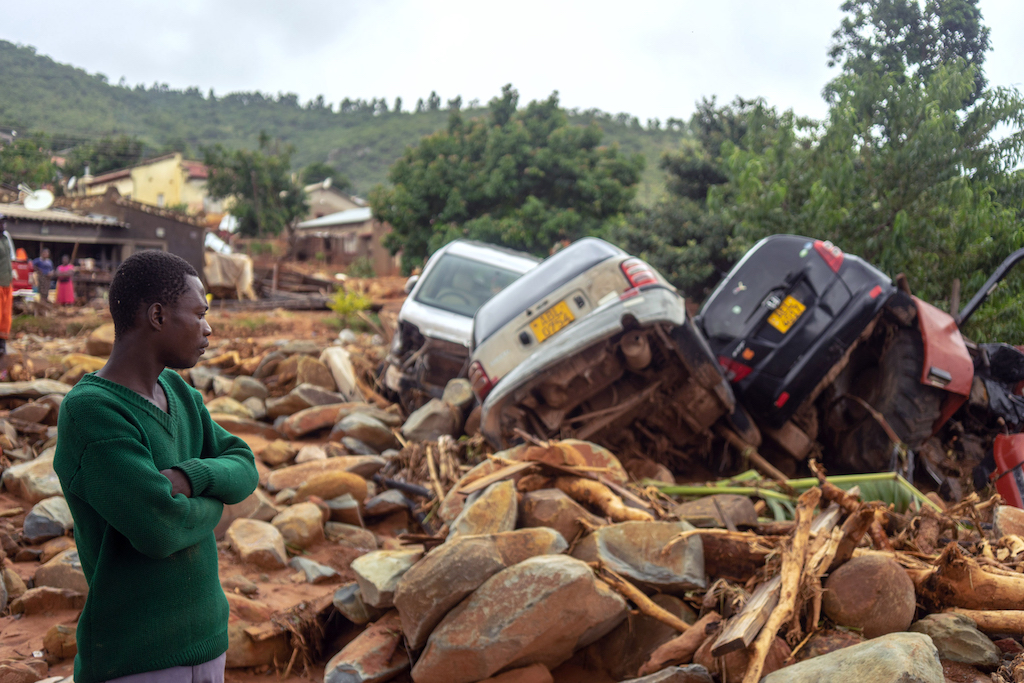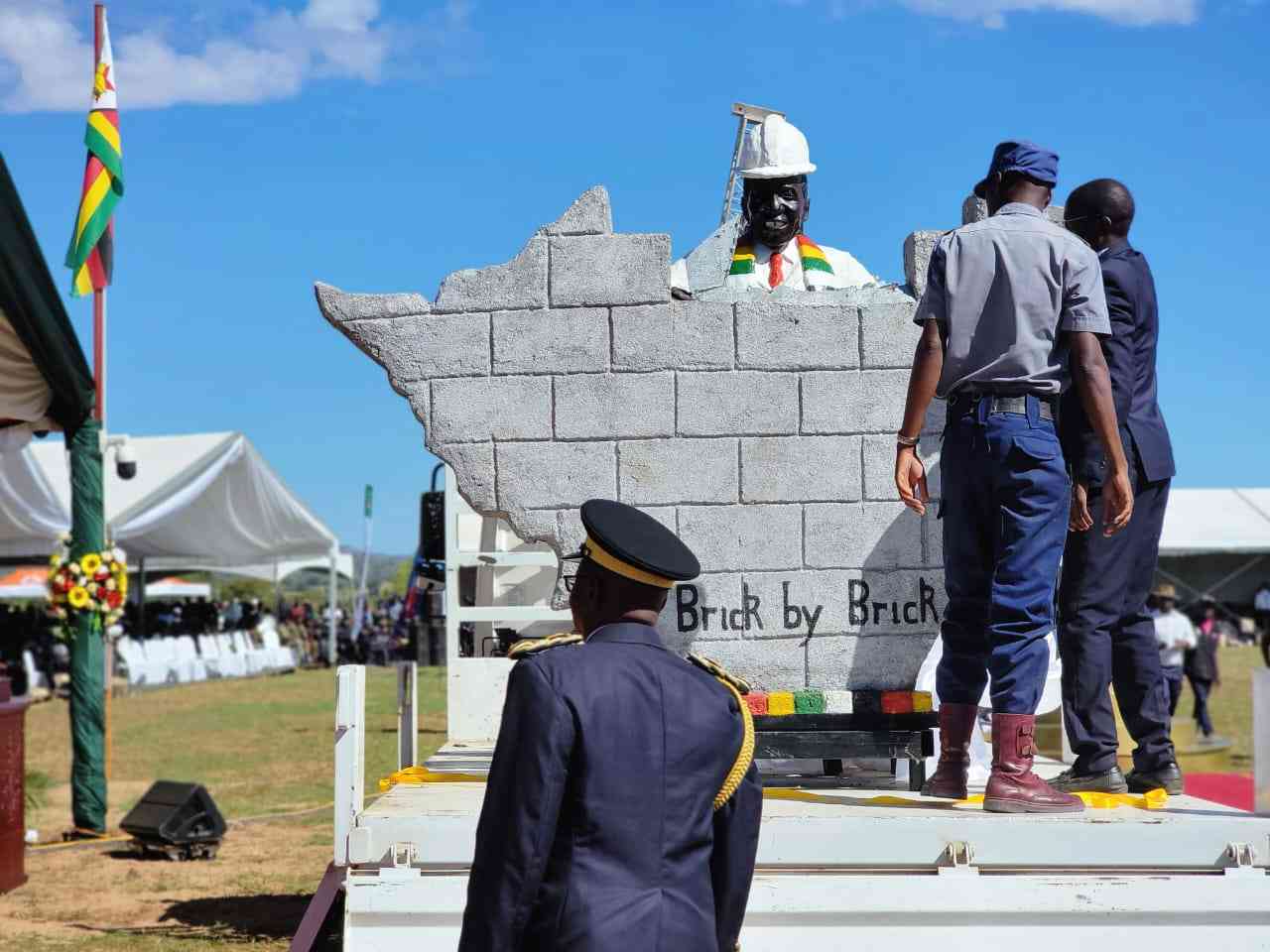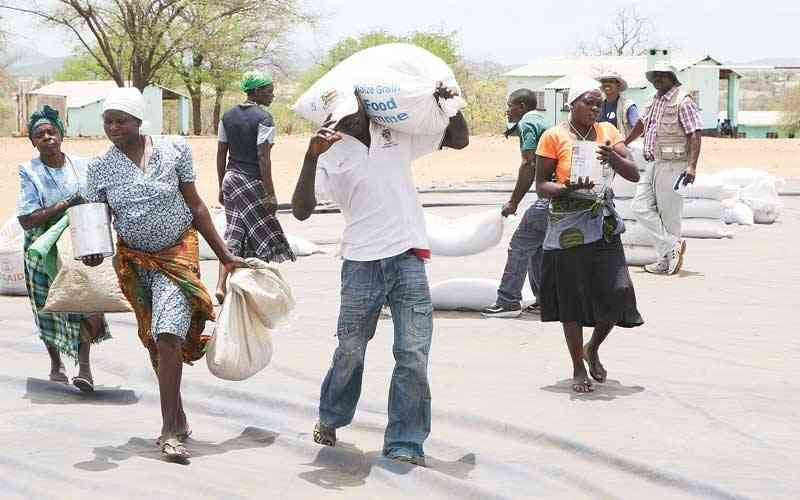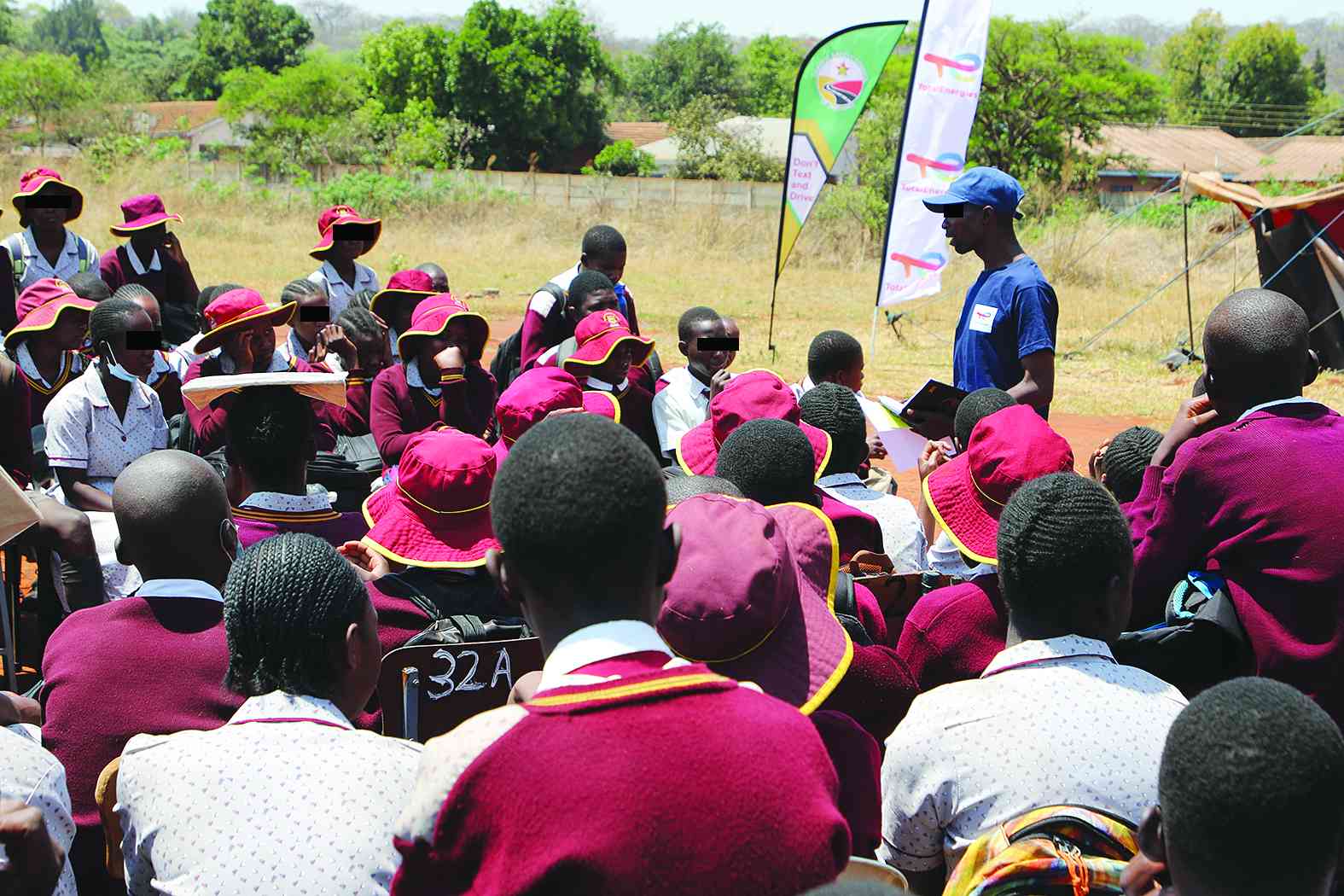
OVER the years, the month of January has been associated with the mid-summer dry season when farmers across Zimbabwe experience a heatwave that often leaves most crops wilting, but this has not been the case this season.
The rains, most welcomed by many farmers have, however, brought misery for citizens in flood-prone areas like Muzarabani, Tsholotsho, Mbire, Chimanimani, Chipinge and some parts of Masvingo.
Torrential rains have caused so much damage, with some villagers losing their homes, livestock and other personal belongings while infrastructure such as roads, bridges, clinics and schools have been destroyed.
The disastrous circumstances that the villagers find themselves in every rainy season has exposed government’s lack of preparedness.
The devastating effects of Cyclones Idai and Ana are perfect reference points for Zimbabwe’s lack of preparedness in terms of disaster management.
The path of the cyclone was known but Zimbabwe failed to take preventive measures until after disaster struck and this speaks to the level of our unpreparedness as a country.
We are not saying systems should be foolproof, but there are basics we should improve on, including evacuation infrastructure and the ability to respond promptly in the event of a disaster.
We proffer here a few recommendations that we could improve on as a country, mainly on the operational and technical sides of disaster management to avoid loss of property, human and animal lives.
- Chamisa under fire over US$120K donation
- Mavhunga puts DeMbare into Chibuku quarterfinals
- Pension funds bet on Cabora Bassa oilfields
- Councils defy govt fire tender directive
Keep Reading
These include the provision of institutional framework for disaster management, strengthening of our institutions with human, financial and capital assets. We further state that the institution should be manned by the best human skills available to provide leadership in co-ordinating disaster preparedness and be functional even before catastrophes occur.
It is also crucial to know what to do before a disaster strikes — preparedness — and this determines our response to such catastrophes. Equipping of the Civil Protection Department with the latest technologies, that is, high performance computers, geospatial software is of paramount importance.
The country should subscribe to satellite missions and be able to access the latest data from remote sensing missions, long-range drones for image acquisition and surveillance and national flood maps, early warning systems and seasonal data to improve forecasts, monitor infrastructure, among others are essential ingredients of such a system.
The region is monitoring another cyclone which is developing, hence we should up our game to avoid possible loss of lives.











